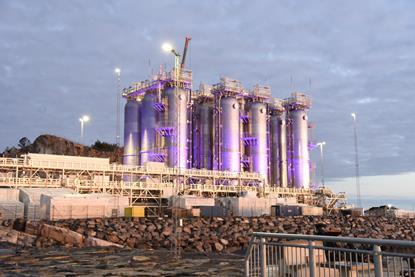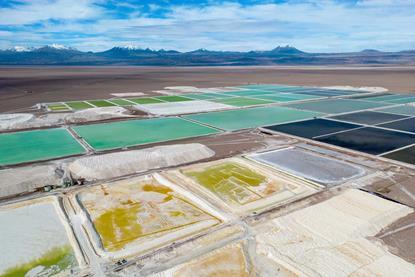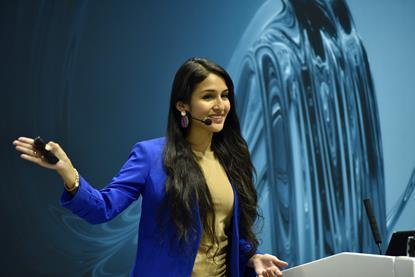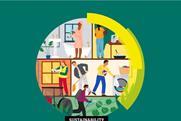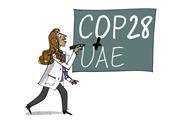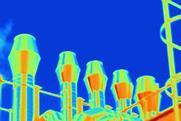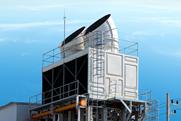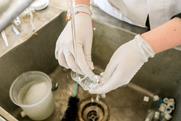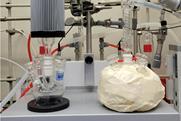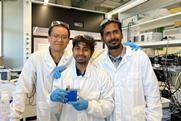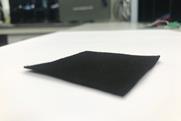- News
Nobel prize-winning scientists mobilise for Kamala Harris
82 Nobel laureates warn of the threat Donald Trump poses to science, climate and living standards
- Business
Carbon capture making slow progress in UK and Europe
Government funding welcomed, but issues over strategy and CO2 purity persist
- Research
Sunlight-powered device harvests lithium from salty water
Low-energy device is a ‘step forward’ for sustainable lithium mining
- Business
Setting new standards for British laboratories
Lab Innovations brings together experts from all corners of the industry
- Feature
How satellite remote sensing is enhancing our understanding of Earth
Instruments in space have studied the planet’s atmosphere and surface, and are now being joined by powerful new ones, finds Andy Extance
- Research
How F1 plans to transition to ‘100% sustainable fuel’
Rule changes intend to make Formula One more environmentally friendly from 2026. But what are the changes, and can a sport known for gas-guzzling engines really go green?
- RSC
Industry and academic leaders unite to drive polymer sustainability
Leading industry figures and academics talk about the challenges faced in the transition to sustainable PLFs
- Opinion
Observing Cop28 with a gender lens
Avoid so-called climate solutions that disadvantage the most marginalised
- Feature
Seaweed success
Scientists and entrepreneurs are sowing the seeds for a new kind of industry. Hayley Bennett explores the buzz around the marine ‘biorefinery’ business – and what might hold it back
- Business
Electrification of process heat stands to slash industry’s emissions
Technologies available now can decarbonise most heat demand, but cost and infrastructure barriers still exist
- Webinar
Making strides in sustainable laboratories: Examples of recent initiatives
Join us on 16 September to learn about reducing the environmental impact of chemistry research
- News
Carbon capture gets personalised touch to match best tech with right location
Holistic analysis combines models and experiments to find the sorbent that works for each industrial site
- Research
Electrocatalyst-in-a-box recycles nitrogen species to produce ammonia from wastewater
Electrochemical catalytic system can handle real wastewater
- Opinion
Science needs to get its house in order when it comes to energy use and waste
Labs have an outsized environmental footprint but solutions are within reach
- Research
Mechanochemistry adds fluorine to discarded polystyrene
Proof-of-concept trifluoromethylation study attempts post-consumer plastic waste challenge
- News
How can your lab cut water use in reflux reactions?
Practical advice builds on a new study comparing air-cooled condensers
- Research
Glycolysis method breaks down mixed textiles for recycling
A new strategy chemically recycles the most common fibres found in fashion waste, including polyester, cotton and nylon
- Research
Plastic recycling studies need reliable polymer data. This database is ready to inform them
Database set to support recycling research by detailing the chemical composition and physical properties of 59 polymers from common commercial vendors
- Research
Isotope tracking suggests that plants cycle carbon faster than previously thought
New analysis suggests that vegetation is less able to offset climate change than had previously been calculated
- Research
‘Lasagna-like’ layered structure could triple productivity of water splitting
Cobalt–tungsten catalyst provides a commercially viable alternative to scarce metals like iridium
- Research
Hydroxide-loaded sponge soaks up atmospheric carbon dioxide
Low-cost charcoal absorbs carbon dioxide and rapidly releases it in energy-efficient process

